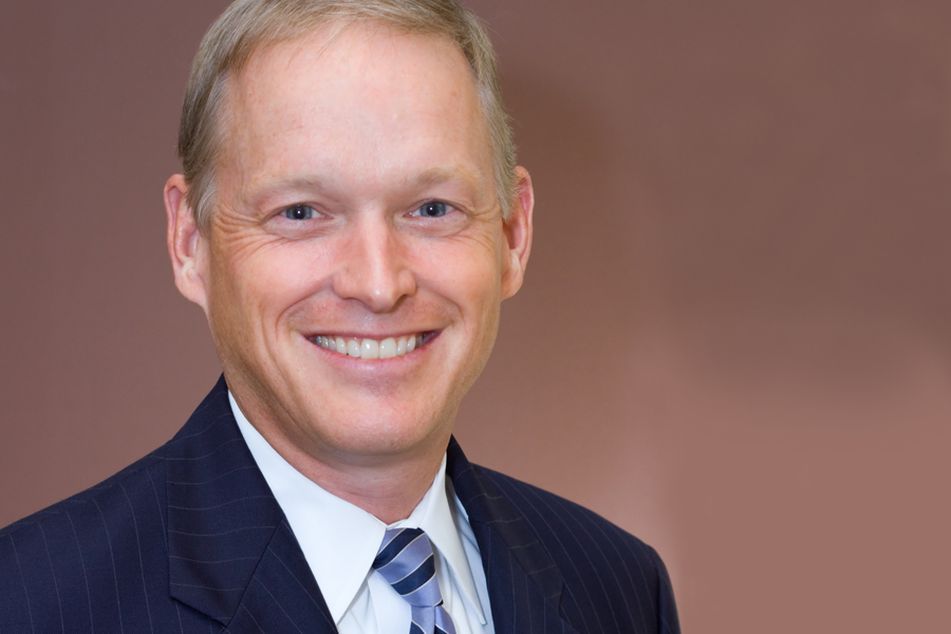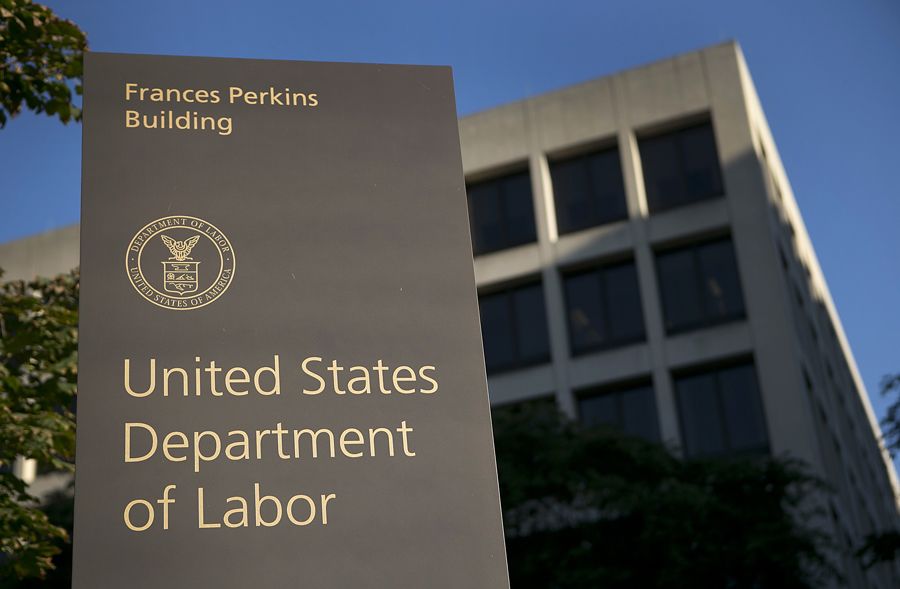Adviser’s Consultant: Separate your robo and traditional planning offers to succeed in two markets
 Art Haws of HawsGoodwin Financial
Art Haws of HawsGoodwin Financial
Art Haws of HawsGoodwin Financial says advisers must consider cost, integration and marketing the new automated platform separately from the main financial planning operation.
Art Haws always felt there was an underserved market for financial advice in Nashville.
The Tennessee capital has been growing and creating new prosperity in recent years, but many individuals still did not have enough assets to make them profitable clients for most advisory firms. The average new client of his own firm, HawsGoodwin Financial, has $1.5 million to $2 million to invest.
So as soon as technology advanced to where he could efficiently serve a larger number of smaller clients, he and co-founder Cam Goodwin jumped at the chance.
(More: Practice Makeover: To be or not to be a robo-advisory practice)
Today, that line of business is called Prosper, a digital advice platform the advisory firm branded based on the automated offering from Charles Schwab Corp. Prosper, unveiled about two months ago, has its own website with a different feel than the firm’s core advisory site, and the new unit does more marketing on social-media platforms.
Prosper’s clients, who average 37 years old, are older than Mr. Haws expected. He had presumed it would attract clients in their 20s and early 30s.
NOT ABOUT DEMOGRAPHICS
“We learned it’s not really about a demographic, it’s really behavioral,” Mr. Haws said. “It’s about how they want to do business.”
(More: Look out for these robos in 2016)
The firm also concluded that while these individuals like technology, they also want to talk to humans.
Prosper, which has a $5,000 minimum, includes two phone or online reviews a year and allows users to call the office with questions. Full-blown financial plans cost beyond the regular fee, which is 0.5% a year and is assessed quarterly. HawsGoodwin Financial’s traditional clients, on the other hand, pay 1.5% on assets less than $250,000.
Mr. Haws hopes that three to five Prosper clients a year will ultimately transition into the firm’s main wealth management business.
“It’s a great way to capitalize on the technology and start building the relationships with who we have coined as emerging investors,” he said. “It’s nice to be able to talk to that target market. Their options have been so limited until now.”
Tip sheet:
• Consider whether any platforms are available at a discounted cost or with technical assistance through existing relationships with broker-dealers, custodians or other vendors that are already partners with the firm. Cost is important because clients will pay the platform fee plus any fee imposed by the adviser.
• Look for digital platforms with open architecture and consider how well it will integrate into the advisory firm’s current systems, as well as how customizable it is. For instance, can it be accessed through a mobile app?
• Examine the investment flexibility of the automated platform to make sure it offers a wide variety of exchange-traded funds or other options to include in portfolios.
• Plan separate marketing efforts for the robo-service to help avoid cannibalizing existing clients. Make it distinctively different.
• Consider adding a new adviser or naming an existing adviser at the firm to be the person responsible for helping these new clients with questions or expanded financial help.
• Expect to make an investment of money (spending on marketing, web design, etc.) as well as a lot of time getting the new venture off the ground.
Learn more about reprints and licensing for this article.








